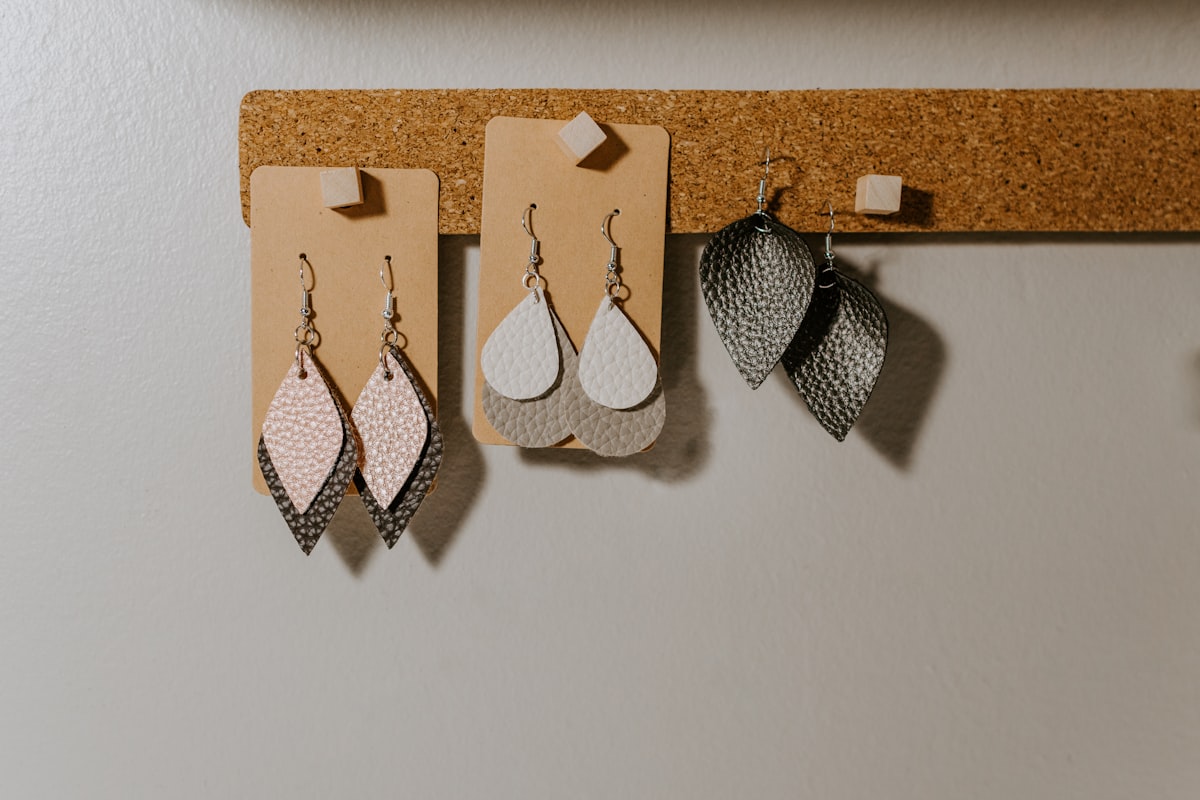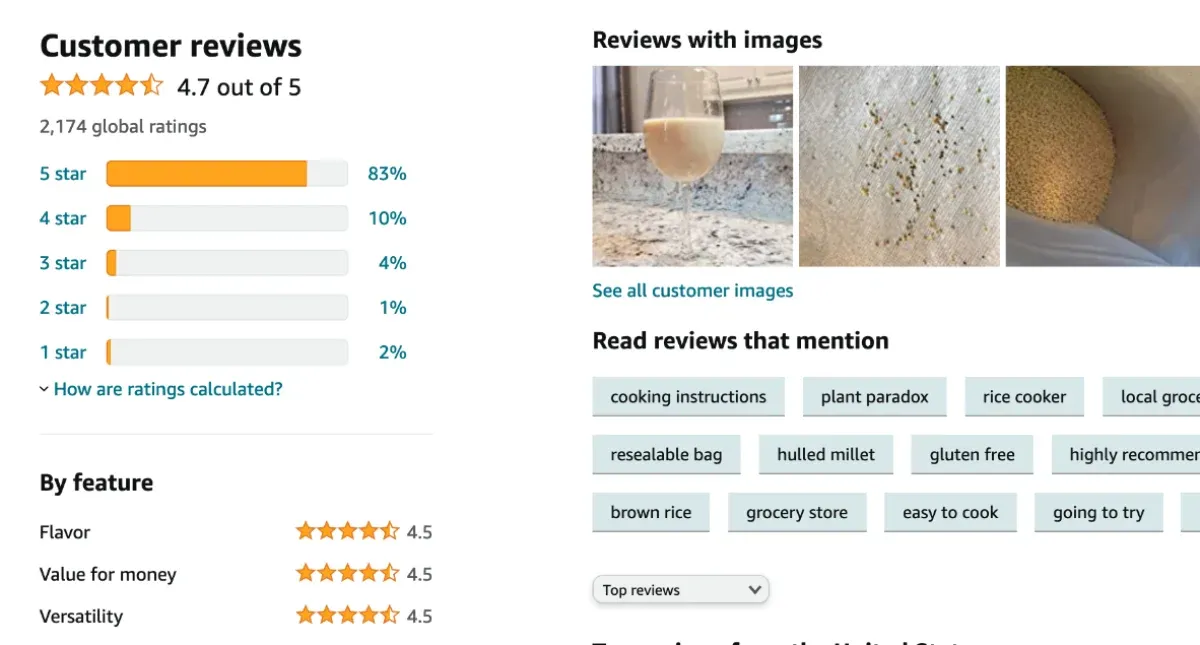Etsy Sellers Accused of Hiking Prices for 'Handmade' Items
Shoppers may be misled into paying a premium price for goods available much more cheaply on other sites.

Are some Etsy sellers ripping off online shoppers by charging up to seven times more than other websites for items falsely presented as "handmade?" That's the charge leveled by a British consumer group, Which?
Etsy pitches itself as "the global marketplace for unique and creative goods" but Which? says some shoppers could be ripped off and misled into paying a premium for products advertised as handmade, but available at significantly lower prices with popular retailers such as Amazon.
In March, Which? analyzed the first page of items in a selection of categories on Etsy including furniture, toys and clothes. Researchers then filtered results to show only "handmade" items and used Google image search to see if they were for sale elsewhere.
More than 20 "handmade" items were also available on other online platforms or retailers and all but two had a higher price on Etsy. Nine items cost more than twice as much on Etsy than the cheapest price elsewhere.
A freestanding "handmade" bookshelf was £59.99 ($75.45) on Etsy while on Amazon the same product was £28.88 ($36.33) and on eBay it was £28.90 ($36.36).
In a statement to Which?, ‘Etsy said it is "proud to be home to millions of unique, handcrafted, and customised goods, and protecting the integrity of our marketplace is critical to our business."
"Our policies prohibit counterfeit and resold merchandise on Etsy, and we use a combination of automatic controls, manual review, and user flags to continuously monitor the marketplace and identify policy violations. Etsy users are also encouraged to report potentially violating listings via our site-wide flagging tool."
"Dodgy claims"
“Our research shows some Etsy sellers are brazenly ripping off customers by making misleading claims about their products," Rocio Concha, Which? Director of Policy and Advocacy, said. "Etsy needs to up its game in tackling these dishonest practices, which serve as an example of why a crackdown on dodgy claims and advertising online is long overdue."
Technically these listings could be considered misleading advertising because the sellers pay Etsy to post the listings and make the accompanying false claims to market the products, Which? said.
In the U.S., the Federal Trade Commission (FTC) regulates advertising and can impose stiff penalties when violations are found.
"When consumers see or hear an advertisement, whether it’s on the Internet, radio or television, or anywhere else, federal law says that ad must be truthful, not misleading, and, when appropriate, backed by scientific evidence," according to the FTC.
The FTC enforces these truth-in-advertising laws, and it applies the same standards no matter where an ad appears – in newspapers and magazines, online, in the mail, or on billboards or buses, the agency said.
Read the entire Which? report.


